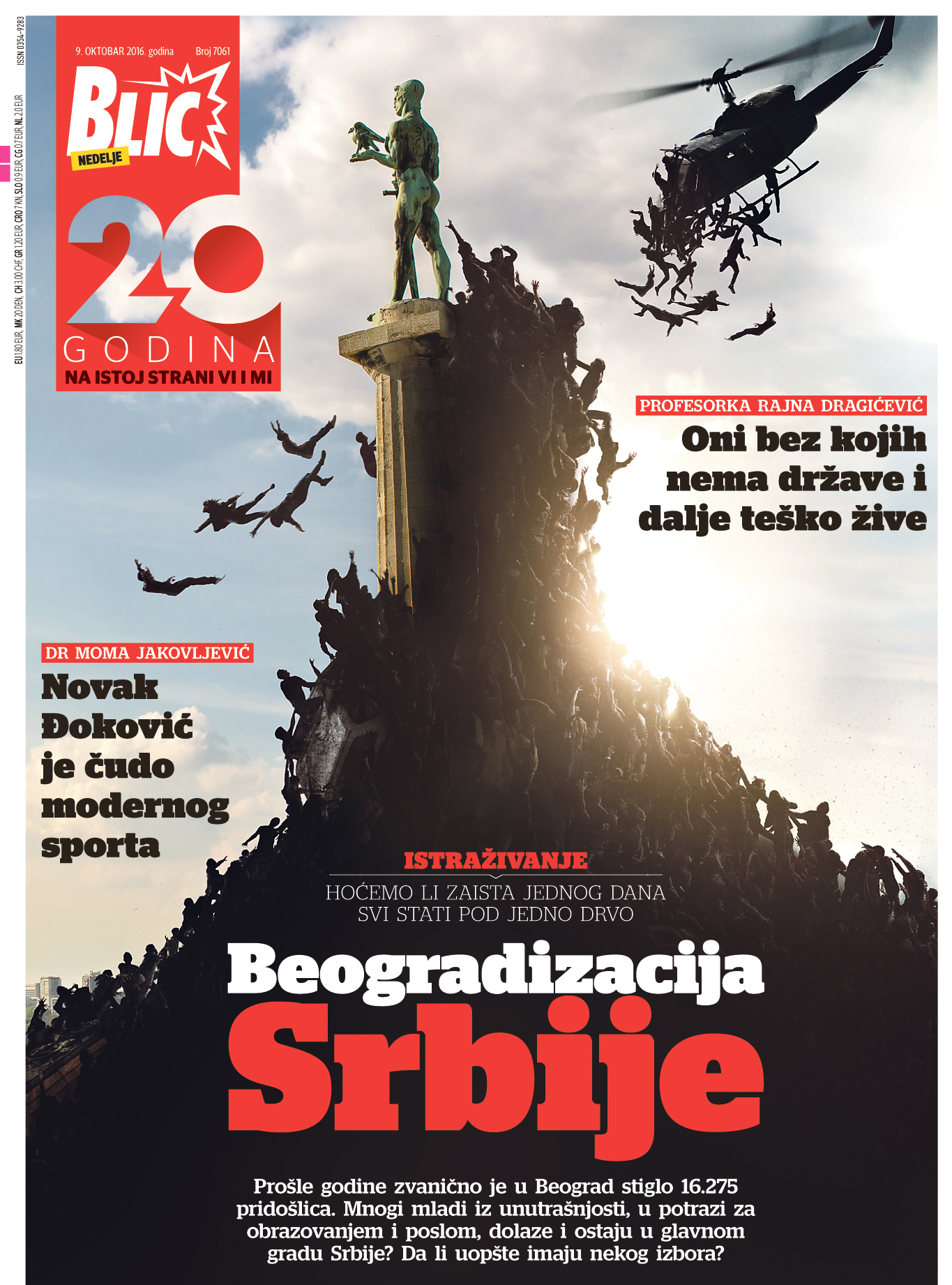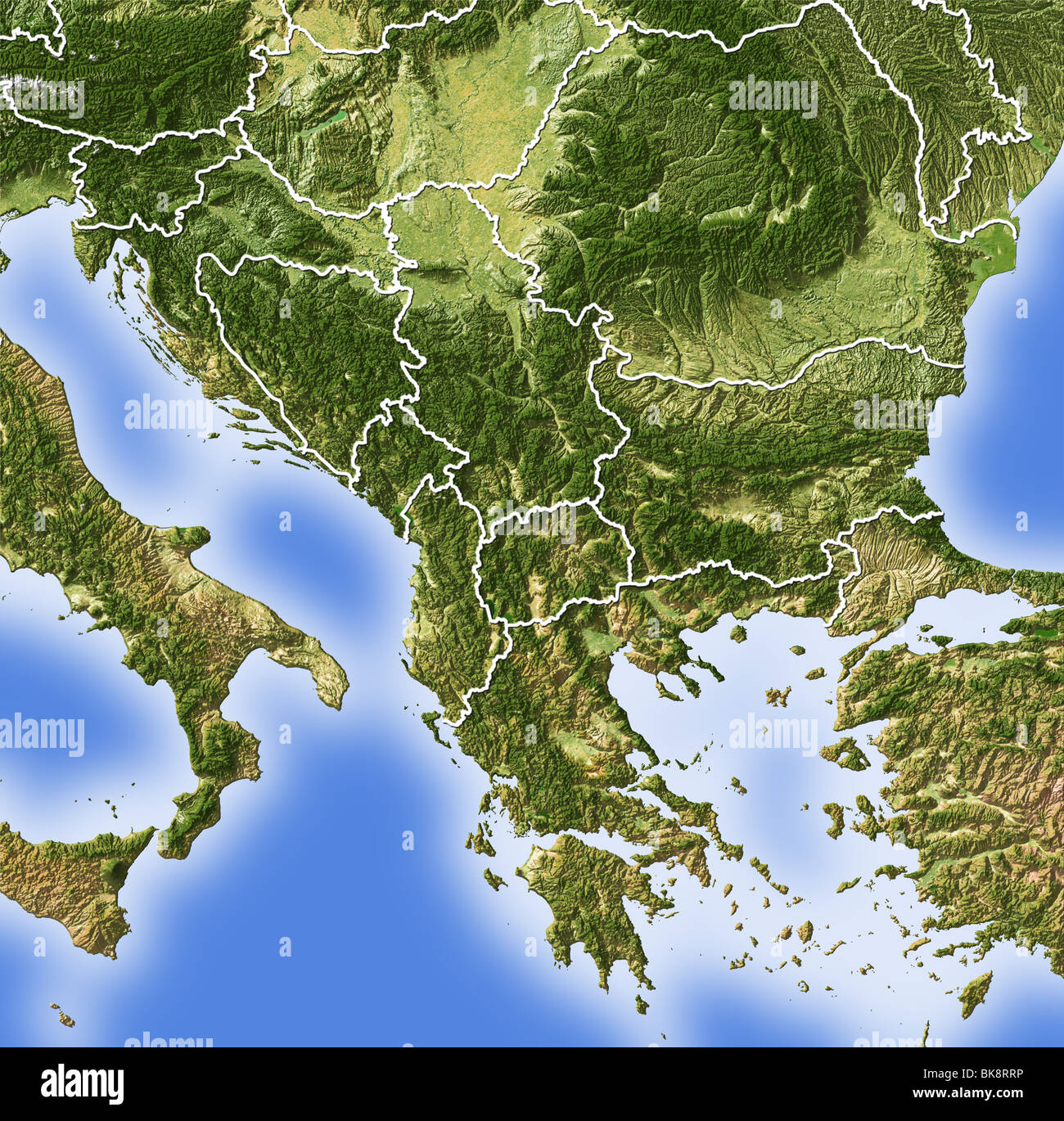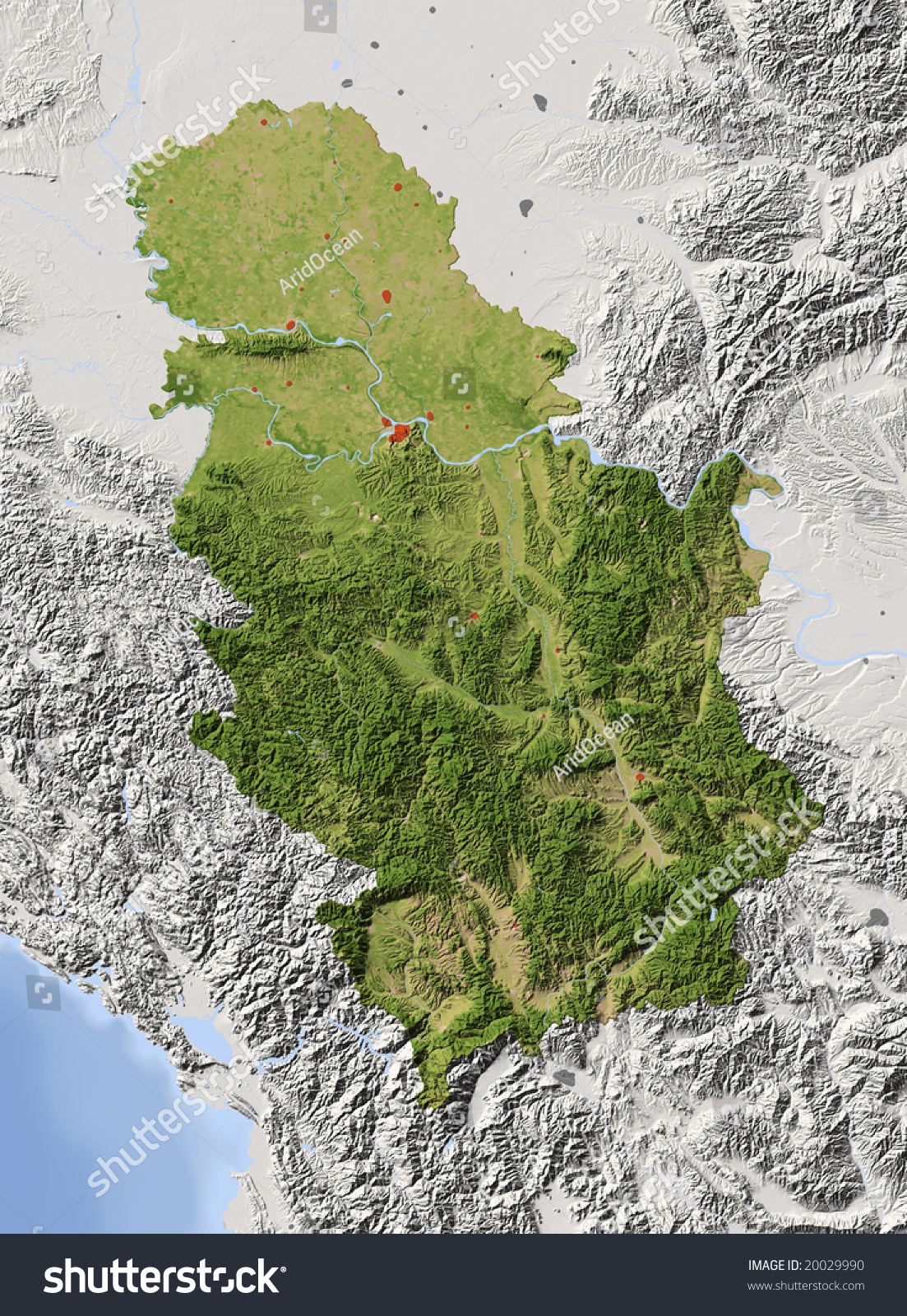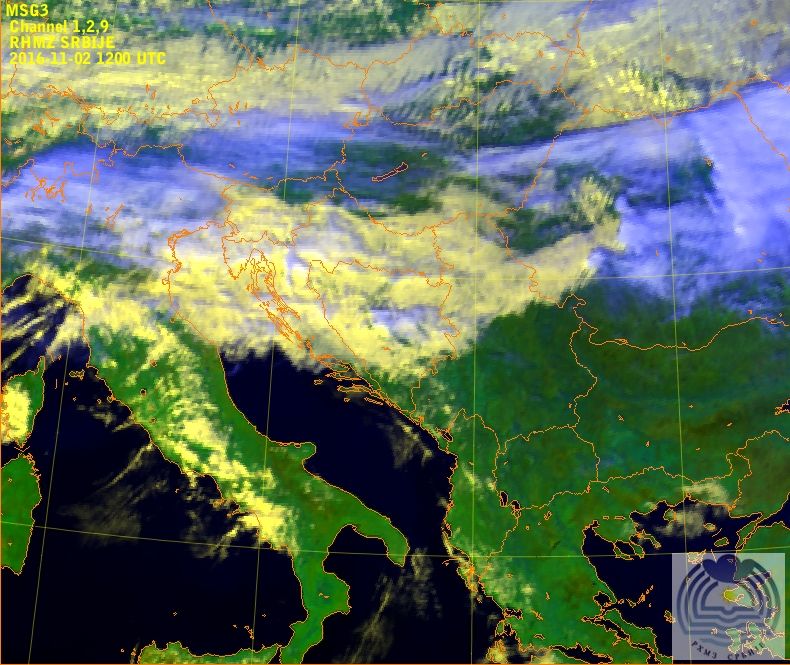Koristite zastareli preglednik. Možda se neće pravilno prikazivati ova ili druge veb stranice.
Trebalo bi da nadogradite ili koristite alternativni preglednik.
Trebalo bi da nadogradite ili koristite alternativni preglednik.
Relax diskusije
- Začetnik teme Steva
- Datum pokretanja
Zuma
Professional
- Učlanjen(a)
- 19.05.2009.
- Poruke
- 12.705
- Pohvaljen
- 28.790
Agnotologija - nauka o neznanju.
Ne znam koliko ima ljudi koje ovakve stvari interesuju, ali jeste relevantno, pa zato neka ide ovako.
Ne znam koliko ima ljudi koje ovakve stvari interesuju, ali jeste relevantno, pa zato neka ide ovako.
... Proctor explains that ignorance can often be propagated under the guise of balanced debate. For example, the common idea that there will always be two opposing views does not always result in a rational conclusion. This was behind how tobacco firms used science to make their products look harmless, and is used today by climate change deniers to argue against the scientific evidence.
“This ‘balance routine’ has allowed the cigarette men, or climate deniers today, to claim that there are two sides to every story, that ‘experts disagree’ – creating a false picture of the truth, hence ignorance.”
For example, says Proctor, many of the studies linking carcinogens in tobacco were conducted in mice initially, and the tobacco industry responded by saying that studies into mice did not mean that people were at risk, despite adverse health outcomes in many smokers.
“We live in a world of radical ignorance, and the marvel is that any kind of truth cuts through the noise,” says Proctor. Even though knowledge is ‘accessible’, it does not mean it is accessed, he warns.
“Although for most things this is trivial – like, for example, the boiling point of mercury – but for bigger questions of political and philosophical import, the knowledge people have often comes from faith or tradition, or propaganda, more than anywhere else.”
When people do not understand a concept or fact, they are prey for special interest groups who work hard to create confusion.
Proctor found that ignorance spreads when firstly, many people do not understand a concept or fact and secondly, when special interest groups – like a commercial firm or a political group – then work hard to create confusion about an issue. In the case of ignorance about tobacco and climate change, a scientifically illiterate society will probably be more susceptible to the tactics used by those wishing to confuse and cloud the truth.
Consider climate change as an example. “The fight is not just over the existence of climate change, it’s over whether God has created the Earth for us to exploit, whether government has the right to regulate industry, whether environmentalists should be empowered, and so on. It’s not just about the facts, it’s about what is imagined to flow from and into such facts,” says Proctor.
Another academic studying ignorance is David Dunning, from Cornell University. Dunning warns that the internet is helping propagate ignorance – it is a place where everyone has a chance to be their own expert, he says, which makes them prey for powerful interests wishing to deliberately spread ignorance.
"While some smart people will profit from all the information now just a click away, many will be misled into a false sense of expertise. My worry is not that we are losing the ability to make up our own minds, but that it’s becoming too easy to do so. We should consult with others much more than we imagine. Other people may be imperfect as well, but often their opinions go a long way toward correcting our own imperfections, as our own imperfect expertise helps to correct their errors,” warns Dunning.
Dunning and Proctor also warn that the wilful spread of ignorance is rampant throughout the US presidential primaries on both sides of the political spectrum.
“Donald Trump is the obvious current example in the US, suggesting easy solutions to followers that are either unworkable or unconstitutional,” says Dunning.
So while agnotology may have had its origins in the heyday of the tobacco industry, today the need for both a word and the study of human ignorance is as strong as ever.
http://www.bbc.com/future/story/2016010 ... -ignorance
“This ‘balance routine’ has allowed the cigarette men, or climate deniers today, to claim that there are two sides to every story, that ‘experts disagree’ – creating a false picture of the truth, hence ignorance.”
For example, says Proctor, many of the studies linking carcinogens in tobacco were conducted in mice initially, and the tobacco industry responded by saying that studies into mice did not mean that people were at risk, despite adverse health outcomes in many smokers.
“We live in a world of radical ignorance, and the marvel is that any kind of truth cuts through the noise,” says Proctor. Even though knowledge is ‘accessible’, it does not mean it is accessed, he warns.
“Although for most things this is trivial – like, for example, the boiling point of mercury – but for bigger questions of political and philosophical import, the knowledge people have often comes from faith or tradition, or propaganda, more than anywhere else.”
When people do not understand a concept or fact, they are prey for special interest groups who work hard to create confusion.
Proctor found that ignorance spreads when firstly, many people do not understand a concept or fact and secondly, when special interest groups – like a commercial firm or a political group – then work hard to create confusion about an issue. In the case of ignorance about tobacco and climate change, a scientifically illiterate society will probably be more susceptible to the tactics used by those wishing to confuse and cloud the truth.
Consider climate change as an example. “The fight is not just over the existence of climate change, it’s over whether God has created the Earth for us to exploit, whether government has the right to regulate industry, whether environmentalists should be empowered, and so on. It’s not just about the facts, it’s about what is imagined to flow from and into such facts,” says Proctor.
Another academic studying ignorance is David Dunning, from Cornell University. Dunning warns that the internet is helping propagate ignorance – it is a place where everyone has a chance to be their own expert, he says, which makes them prey for powerful interests wishing to deliberately spread ignorance.
"While some smart people will profit from all the information now just a click away, many will be misled into a false sense of expertise. My worry is not that we are losing the ability to make up our own minds, but that it’s becoming too easy to do so. We should consult with others much more than we imagine. Other people may be imperfect as well, but often their opinions go a long way toward correcting our own imperfections, as our own imperfect expertise helps to correct their errors,” warns Dunning.
Dunning and Proctor also warn that the wilful spread of ignorance is rampant throughout the US presidential primaries on both sides of the political spectrum.
“Donald Trump is the obvious current example in the US, suggesting easy solutions to followers that are either unworkable or unconstitutional,” says Dunning.
So while agnotology may have had its origins in the heyday of the tobacco industry, today the need for both a word and the study of human ignorance is as strong as ever.
http://www.bbc.com/future/story/2016010 ... -ignorance
[url=http://beobuild.rs/forum/viewtopic.php?p=411251#p411251:tapr3kem je napisao(la):Žika » 17 Oct 2016 10:04 pm[/url]":tapr3kem]Kinezi
[youtube]https://www.youtube.com/watch?v=P-9HFzjXDtY[/youtube]
Ovo je potpuno nadrealno! Prosto ne verujem svojim ocima.
Zuma
Professional
- Učlanjen(a)
- 19.05.2009.
- Poruke
- 12.705
- Pohvaljen
- 28.790
Svaki putnik internetom doživeo je ono iskustvo neželjene kauzalnosti, skokovitosti i račvanja, onu gotovo čulnu zavodljivost logikom linka. Jednim klikom, recimo, otvorim vest koju munjevito prekrije reklama, a njeno „zatvori” odvede me na stranicu o deset najgorih fejsliftinga. Onda iz radoznalosti pogledam fotografije unesrećenih lica. Uz njih je uputstvo kako ostati mladolik bez hirurškog noža, kako zaraditi novac po preporukama vlasnika Ferarija, koji poziva na čet, dok ujedno trepće ikonica elektronskog kazina.
A gde je ona vest? Izgubila se u mutljagu željenog i neželjenog, u međuvremenu telefonski uvezala s mejlovima, porukama nepoznatih „prijatelja”, uplela se u obaveštenja kad su pristupili Vajberu, šta su objavili na Fejsbuku, u krajnju disperziju i lutalaštvo. Pa kad se onoj vesti uz dosta volje i vratim, čitam je nehajno i već tražim drugu. Prelećem uveren da dohvatam suštinu, a zapravo nipodaštavam i u brzini skrnavim. Misao mi je krhka jer mi je i um remapiran.
Zapravo, što mi je telefon pametniji, to postajem gluplji, na način koji je u svome eseju Is Google making us stupid? i knjizi The Shallows, opisao NikolasKar.
„Nekada sam umeo da zaronim u more reči, sada jezdim površinom na skuteru”, napisao je on. Možda zato što bih, kao pažljiv čitalac samo jedne stranice, bio loš potrošač: broj klikova nije mera razumevanja već nečije zarade.
http://www.politika.rs/sr/clanak/346077 ... -or-Delete
A gde je ona vest? Izgubila se u mutljagu željenog i neželjenog, u međuvremenu telefonski uvezala s mejlovima, porukama nepoznatih „prijatelja”, uplela se u obaveštenja kad su pristupili Vajberu, šta su objavili na Fejsbuku, u krajnju disperziju i lutalaštvo. Pa kad se onoj vesti uz dosta volje i vratim, čitam je nehajno i već tražim drugu. Prelećem uveren da dohvatam suštinu, a zapravo nipodaštavam i u brzini skrnavim. Misao mi je krhka jer mi je i um remapiran.
Zapravo, što mi je telefon pametniji, to postajem gluplji, na način koji je u svome eseju Is Google making us stupid? i knjizi The Shallows, opisao NikolasKar.
„Nekada sam umeo da zaronim u more reči, sada jezdim površinom na skuteru”, napisao je on. Možda zato što bih, kao pažljiv čitalac samo jedne stranice, bio loš potrošač: broj klikova nije mera razumevanja već nečije zarade.
http://www.politika.rs/sr/clanak/346077 ... -or-Delete
milanche
Advanced
- Učlanjen(a)
- 28.05.2011.
- Poruke
- 2.121
- Pohvaljen
- 4.860
Razmere rasula koje je zavladalo u ruskom društvu nakon raspada Sovjetskog Saveza, lepo oslikava široj javnosti ne tako poznat slučaj potencijalnog nuklearnog incidenta od 21. septembra 1995. godine. Tog dana se pokazalo kakvu opasnost sa sobom nosi nagli prelazak iz socijalizma u kapitalizam. Naime, pomorska baza "Gadžijevo" na severu Rusije je za duži vremenski period napravila popriličan dug za utrošenu električnu energiju. Budući da je u Rusiji pod režimom Borisa Jeljcina došlo do deregulacije tržišta električne energije, pojedine državne kompanije koje su se bavile distribucijom energije su privatizovane.
Takav je bio slučaj i sa kompanijom "Kolenergo", koja je snabdevala energijom pomorsku bazu "Gadžijevo". Novi zakon, donesen 1994. omogućavao je distributerima da zbog neplaćenih računa struju isključuju čak i vojnim postrojenjima. Ohrabren ovim zakonom, "Kolenergo" nije imao nameru da toleriše neplatišu čiji je dug narastao na 4.5 miliona dolara, pa je odlučeno da se pomorskoj bazi obustavi snabdevanje električnom energijom. Međutim, "Gadžijevo" nije bila obična baza. U njoj su se nalazile rashodovane nuklearne podmornice koje su zahtevale određeno održavanje bez obzira što nisu bile u upotrebi. Nuklearni reaktori u tim podmornicama su morali da budu konstantno hlađeni. Onog trenutka kada je bazi isključena struja, nastala je realna opasnost da dođe do topljenja nuklearnog reaktora a time i do velike nuklearne katastrofe. U državi u kojoj stvari ne funkcionišu najbolje, ne čekajući da institucije reše problem, vojska je reagovala na svoju ruku i zaposela prostorije kompanije "Kolenergo". Suočeni sa dugim cevima, radnici su primorani da bazi ponovo uključe struju.
Da vojni zapovednik nije reagovao po ličnom nahođenju, mimo zakona, svet bi se suočio sa prvom nuklearnom katastrofom koju je izazvala puka birokratija. Iako ovaj incident nije dobio naročitu medijsku pažnju, dva dana kasnije, premijer Ruske Federacije, Viktor Černomirdin, svestan do kakvih scenarija novi zakon može da dovede, povlači svoju prethodnu odluku i stavlja zabranu na moguća isključenja električne energije vojnim objektima.

fb. kuriozitet
Takav je bio slučaj i sa kompanijom "Kolenergo", koja je snabdevala energijom pomorsku bazu "Gadžijevo". Novi zakon, donesen 1994. omogućavao je distributerima da zbog neplaćenih računa struju isključuju čak i vojnim postrojenjima. Ohrabren ovim zakonom, "Kolenergo" nije imao nameru da toleriše neplatišu čiji je dug narastao na 4.5 miliona dolara, pa je odlučeno da se pomorskoj bazi obustavi snabdevanje električnom energijom. Međutim, "Gadžijevo" nije bila obična baza. U njoj su se nalazile rashodovane nuklearne podmornice koje su zahtevale određeno održavanje bez obzira što nisu bile u upotrebi. Nuklearni reaktori u tim podmornicama su morali da budu konstantno hlađeni. Onog trenutka kada je bazi isključena struja, nastala je realna opasnost da dođe do topljenja nuklearnog reaktora a time i do velike nuklearne katastrofe. U državi u kojoj stvari ne funkcionišu najbolje, ne čekajući da institucije reše problem, vojska je reagovala na svoju ruku i zaposela prostorije kompanije "Kolenergo". Suočeni sa dugim cevima, radnici su primorani da bazi ponovo uključe struju.
Da vojni zapovednik nije reagovao po ličnom nahođenju, mimo zakona, svet bi se suočio sa prvom nuklearnom katastrofom koju je izazvala puka birokratija. Iako ovaj incident nije dobio naročitu medijsku pažnju, dva dana kasnije, premijer Ruske Federacije, Viktor Černomirdin, svestan do kakvih scenarija novi zakon može da dovede, povlači svoju prethodnu odluku i stavlja zabranu na moguća isključenja električne energije vojnim objektima.

fb. kuriozitet
milos.tro
Professional
- Učlanjen(a)
- 24.12.2013.
- Poruke
- 11.231
- Pohvaljen
- 21.918
2016 Best of Design Award in Architectural Lighting > Outdoor: SteelStacks Campus by L’Observatoire International
By THE EDITORS • December 14, 2016
Pogledajte prilog 5Pogledajte prilog 4Pogledajte prilog 3Pogledajte prilog 2Pogledajte prilog 1
https://archpaper.com/2016/12/2016-best ... -0-slide-1 (ceo tekst)
By THE EDITORS • December 14, 2016
Pogledajte prilog 5Pogledajte prilog 4Pogledajte prilog 3Pogledajte prilog 2Pogledajte prilog 1
https://archpaper.com/2016/12/2016-best ... -0-slide-1 (ceo tekst)
Max15
Higher intermediate
- Učlanjen(a)
- 14.02.2015.
- Poruke
- 864
- Pohvaljen
- 1.879
Imam jedno pitanje vezano za instagram. Oni su mi promenili sifru iz bezbednosnih razloga (mozda me neko hakova) i da bih dobio nazad svoj nalog trebaju da mi posalju novu sifru na email, fb ili sms (ima da se izabere). Probelm je taj sto mi je taj profil povezan samo sa emailom i da ga ne znam, davno sam ga napravio samo zbog tog naloga. I kako sad da vratim taj nalgo? Ako nemam sifru i emaiil? Samo naziv profila.
Zuma
Professional
- Učlanjen(a)
- 19.05.2009.
- Poruke
- 12.705
- Pohvaljen
- 28.790
Pobačaj znanja
Naše argumentacije najčešće su samo racionalizacije sopstvenog ličnog, političkog i ideološkog stava
U jednom fantastičnom istraživanju, psiholozi Leonid Rozenblit i Frenk Kil su priupitali ljude unaokolo da li znaju kako tačno "rade" ili funkcionišu neke obične, svakodnevne stvari - brzinometar ili šivaća mašina, rajsferšlus ili sifon.
Gotovo svi su odgovorili da, naravno, vrlo dobro znaju. Međutim, kada su ih ovi psiho-podlaci sa Univerziteta Jejl zamolili da zaista (i malo detaljnije) objasne kako to tačno ove drangulije rade, gotovo svi ispitanici su slavno propali. Verovatno i u zemlju od sramote. Rozenblit i Kil su ovo nazvali "iluzijom dubinskog objašnjenja". LJudi naprosto misle da razumeju složene fenomene sa mnogo većim stepenom preciznosti, koherentnosti i dubine, nego što je to zaista slučaj. Sa izuzetkom Sokrata i sličnih, ljudi odistinski ne znaju koliko ne znaju. ...
Neki drugi psiholozi sa Harvarda i UCLA su zatim primenili ovaj fenomen naše kolektivne iluzije i zablude o znanju na - politiku. Priupitali su Amerikance da razmotre i procene nekoliko relativno kompleksnih, ali i duboko polarizujućih politika u vezi sa američkim sistemom zdravstvene zaštite, sankcijama prema Iranu, programom smanjivanja emisije štetnih gasova, podizanjem godina starosti za odlazak u penziju itd. Rezultati su bili isti, i jednako blamantni. Ljudi su se prvo izjašnjavali da li podržavaju te politike ili ne, i gotovo svi su posvedočili da sasvim dobro znaju o čemu se tu radi. A onda su ljubazno zamoljeni da detaljno objasne kako ove politike zapravo (treba da) funkcionišu i - ništa. Prdež mozga. Ko sad da zna baš sve detalje i mehanizme, pobogu i naopako?
http://www.danas.rs/dijalog.46.html?new ... daj+znanja
Naše argumentacije najčešće su samo racionalizacije sopstvenog ličnog, političkog i ideološkog stava
U jednom fantastičnom istraživanju, psiholozi Leonid Rozenblit i Frenk Kil su priupitali ljude unaokolo da li znaju kako tačno "rade" ili funkcionišu neke obične, svakodnevne stvari - brzinometar ili šivaća mašina, rajsferšlus ili sifon.
Gotovo svi su odgovorili da, naravno, vrlo dobro znaju. Međutim, kada su ih ovi psiho-podlaci sa Univerziteta Jejl zamolili da zaista (i malo detaljnije) objasne kako to tačno ove drangulije rade, gotovo svi ispitanici su slavno propali. Verovatno i u zemlju od sramote. Rozenblit i Kil su ovo nazvali "iluzijom dubinskog objašnjenja". LJudi naprosto misle da razumeju složene fenomene sa mnogo većim stepenom preciznosti, koherentnosti i dubine, nego što je to zaista slučaj. Sa izuzetkom Sokrata i sličnih, ljudi odistinski ne znaju koliko ne znaju. ...
Neki drugi psiholozi sa Harvarda i UCLA su zatim primenili ovaj fenomen naše kolektivne iluzije i zablude o znanju na - politiku. Priupitali su Amerikance da razmotre i procene nekoliko relativno kompleksnih, ali i duboko polarizujućih politika u vezi sa američkim sistemom zdravstvene zaštite, sankcijama prema Iranu, programom smanjivanja emisije štetnih gasova, podizanjem godina starosti za odlazak u penziju itd. Rezultati su bili isti, i jednako blamantni. Ljudi su se prvo izjašnjavali da li podržavaju te politike ili ne, i gotovo svi su posvedočili da sasvim dobro znaju o čemu se tu radi. A onda su ljubazno zamoljeni da detaljno objasne kako ove politike zapravo (treba da) funkcionišu i - ništa. Prdež mozga. Ko sad da zna baš sve detalje i mehanizme, pobogu i naopako?
http://www.danas.rs/dijalog.46.html?new ... daj+znanja
Zuma
Professional
- Učlanjen(a)
- 19.05.2009.
- Poruke
- 12.705
- Pohvaljen
- 28.790
Preporučite:







